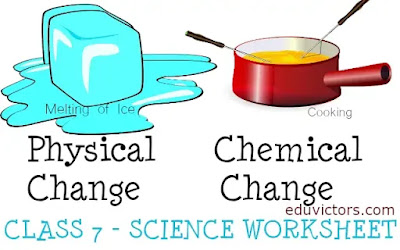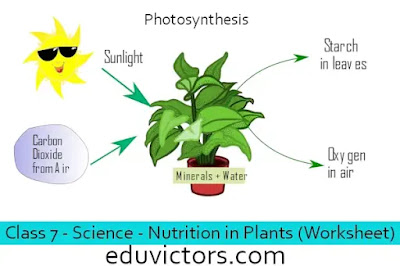Class 7 Science | Curiosity| Chapter 2: Exploring Substances: Acidic, Basic, and Neutral| NCERT Solutions
Q1. A solution turns the red litmus paper blue. Excess addition of which of the following solutions would reverse the change?
(i) Lime water
(ii) Baking soda
(iii) Vinegar
(iv) Common salt solution
Answer: (iii) Vinegar
Only vinegar (acetic acid) is acidic and can neutralise the base, turning the blue litmus back to red.




















